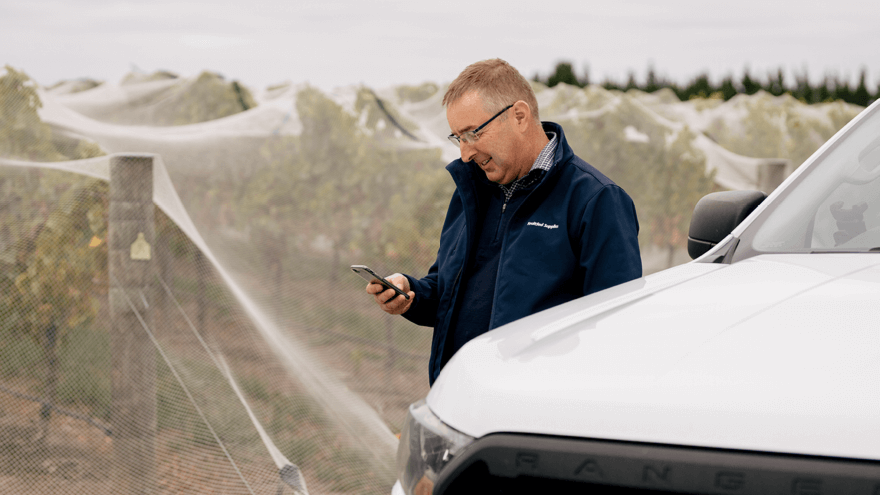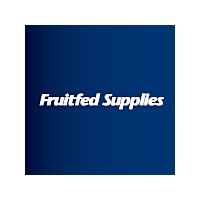
Global trends in food production impact growers
Growers are facing a global expectation to provide traceability for their food production processes, following a fruit or vegetable from planting right through to the end consumer. Terms such as traceability and provenance are now familiar in the horticultural industry, and these new expectations have resulted in increased complexity.
Milton Munro, PGG Wrightson’s Technical Manager, is aware of the current situation faced by growers and how increasing regulations will continue to affect them in the future.
“Consumers want to feel confident that the food they’re eating is safe, healthy and has been grown sustainably. We are seeing increased complexity and compliance requirements within the supply chain as consumers demand greater transparency,” explains Milton.
Global consumer trends and regulations impact the use of crop protection products in New Zealand. Keeping abreast of these changes is an enormous task, which is why the team at Fruitfed Supplies supports growers by keeping up to date with the latest regulatory changes and evaluating how these changes will affect the industry in the coming years.
“We have close relationships with relevant government agencies, such as the Ministry of Primary Industries, and industry bodies so when legislation and regulations are enforced, we are alerted. From there, we consider the ramifications of these changes for our growers and put recommendations in place,” says Milton.
The Fruitfed Supplies Research and Development (R&D) team assesses products for their efficacy and suitability for use within a crop while also ensuring regulatory requirements are met. Along with its R&D product trials, Fruitfed Supplies conducts supply chain audits of its suppliers. With the majority of these agrichemicals sourced from large, international companies, their well established and auditable supply chains provide a good level of traceability.
Milton notes that more environmentally compatible products now dominate product development decisions at most international agrichemical companies. “The number one determinant of whether a product moves from screening to initial development is no longer efficacy or profitability, it is the product’s environmental compatibility.”
Fruitfed Supplies Technical Horticultural Representatives make use of crop guides and plans created by the Fruitfed Supplies Technical team. These guides help growers determine the most appropriate product to use and the timing of its application to ensure the crop meets export requirements.
So how can growers meet the increased regulatory requirements associated with traceability expectations?
“By using purpose-built software to assist with the complexity of food production, using it to capture and store data that is then translated into auditable information to make informed decisions,” Milton advises. “These decisions are then fed into the supply chain for consumers to see.”
With food production needing to rise to meet the nutritional needs of up to ten billion people by 2050¹, New Zealand’s ability to adapt to increased digitalisation of production systems will provide an opportunity for increased productivity and profitability.
To learn how the team at Fruitfed Supplies can assist you with meeting your traceability and regulatory requirements, contact your local Technical Horticultural Representative.
¹ Ministry of Business, Innovation and Employment. (2021). Agritech Industry Transformation Plan. https://www.mbie.govt.nz/dmsdocument/11572-growing-innovative-industries-in-new-zealand-agritech-industry-transformation-plan-july-2020-pdf



